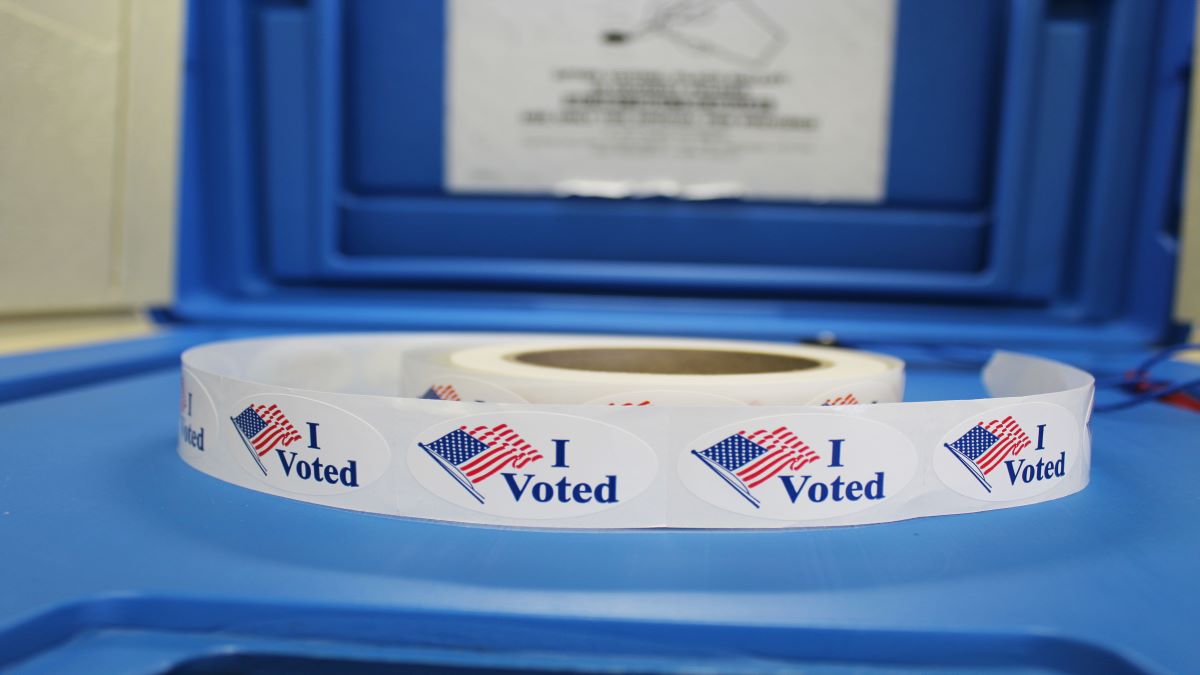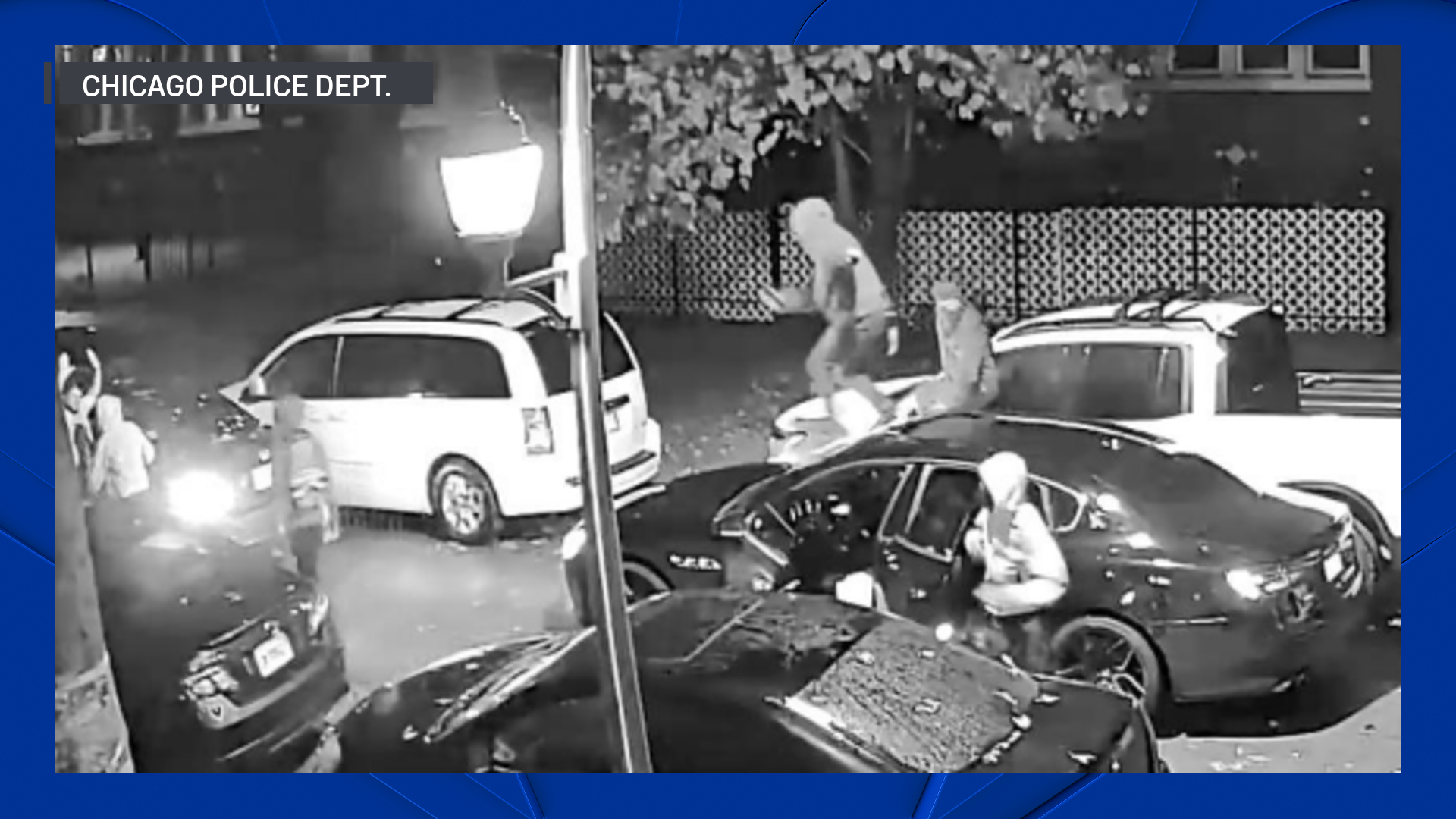Could the Chicago Bears still consider Arlington Heights for their future stadium?
After the team recently announced plans to invest $2 billion stadium along the Chicago lakefront, Arlington Heights officials said the Chicago suburb was still in play when it came to negotiations for the team's future facility.
But what's actually happening?
The Bears' Chicago stadium isn't set in stone just yet, with potential opposition from advocacy group Friends of the Parks and financial concerns to still address, but the team's commitment to staying in the city marked a pivotal shift in the ongoing stadium saga.
For months, a move to Arlington Heights seemed all but certain for the Bears. The Bears bought Arlington Park last year for nearly $200 million, but hit an obstacle with the property taxes in the form of legal negotiations with the local school districts about the value of the site.
Still, the team owns the property in Arlington Heights and has not yet said what it plans to do should the new stadium go up in Chicago. That appeared to be enough of a window for Arlington Heights officials.
Village leaders in the suburb brought forth a new tax proposal this week, though it remains unclear if the Bears would still consider such a move.
Local
At a meeting Monday night, officials said they want to make sure all taxpayers in the community - commercial and residential - are paying a fair amount.
"The village will only support the development and concept that increases tax levels for the village above current levels..," said Randy Recklaus, village manager.
Feeling out of the loop? We'll catch you up on the Chicago news you need to know. Sign up for the weekly Chicago Catch-Up newsletter.
At the board meeting, officials brought to light what they called “fair” comparable property tax bills. The village’s short term proposal allows the Bears to pay $6.3 million the first year and $3.6 million the second year.
"All we’re talking about right now is what the fair amount of property taxes should be before any development occurs and while the property is vacant and not generating any revenue," Recklaus said. "We understand the Bears seeking taxation more in line with comparable properties in area, but we’re also in support of school districts' goal of ensuring adequate tax dollars to fund all necessary services."
The village said Monday night it was still awaiting responses from both the Bears and school districts.
Mayor Thomas Hayes and the village board noted that with recent talks of the Bears focusing on Chicago's lakefront area for a new domed stadium, they wanted to make a Freedom of Information Act request available on the village website.
Residents asked that the village trustees remain tough.
"My hope is that when you get this settled...that you would keep on playing a hard line, I don’t want to pay for the Bears as a taxpayer," said one resident, Roger.
"I would love to have the Bears here, but it has to be on the right terms," another resident, Martin Bauer, commented.



